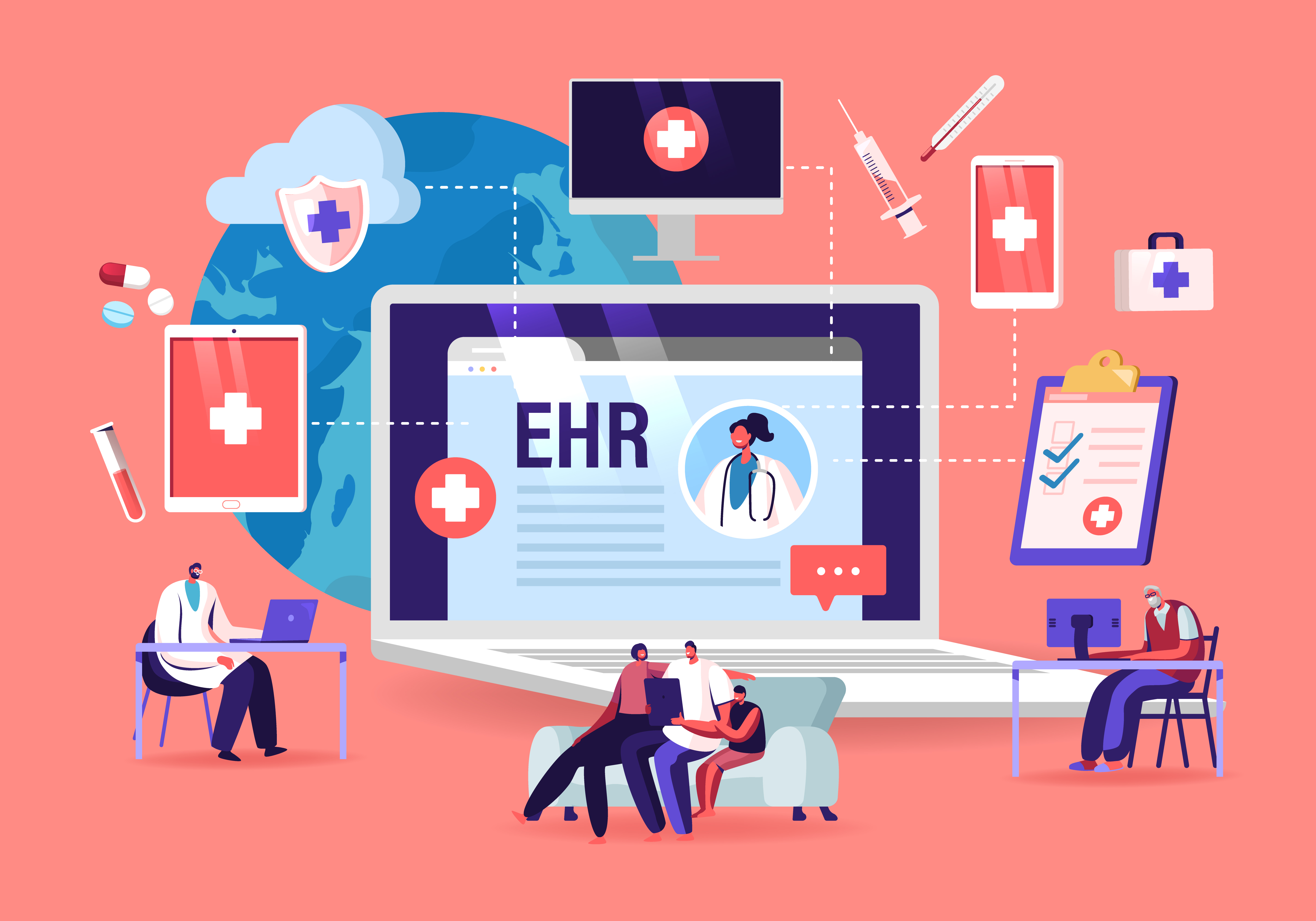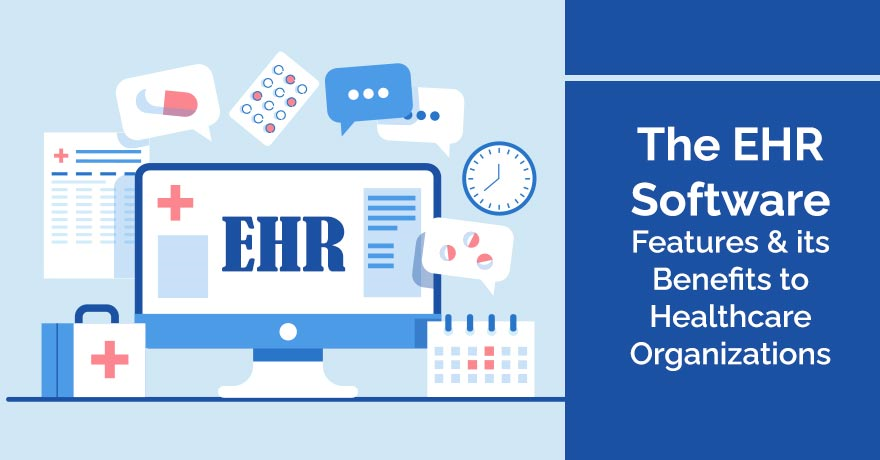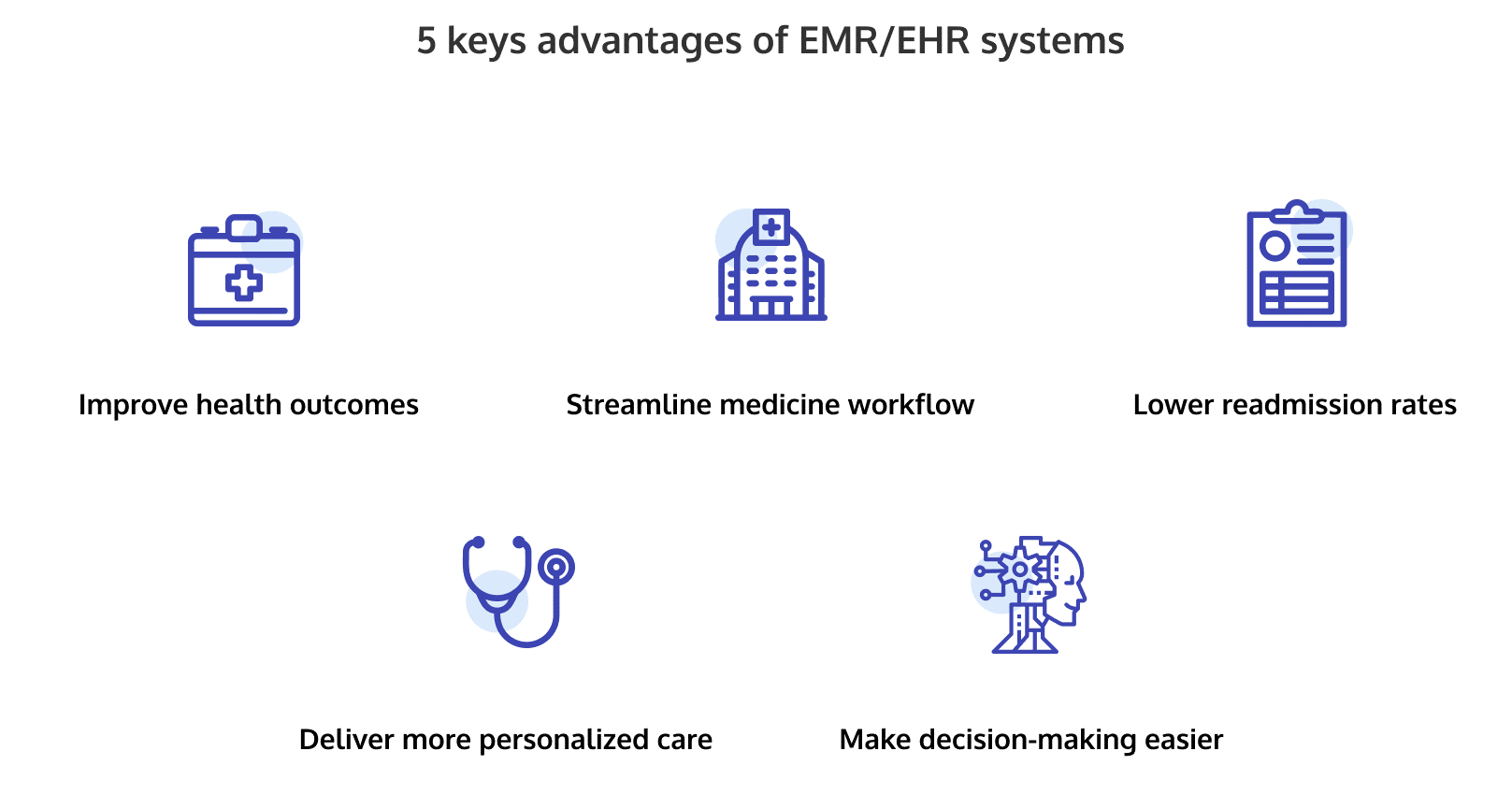EHR For Healthcare Providers

The ability to retain information electronically has helped several industries prosper and save time and money. One aspect that has highly benefitted from electronic records in healthcare is EHR (Electronic Health Records).
Since the 1960s, EHR has been in prominence in the healthcare industry. While they were placed on the pricier end, they are quite accessible in the present times. Initially, EHR was only resorted to for billing and scheduling. But now, it is an effective tool to maintain the patient's medical history, diagnosis, allergies, test results, etc.
Impact of EHR on Healthcare

The contribution of EHR to healthcare is manifold. It has leveraged digital progress and rendered the following advantages:
-
Better Patient Care
Healthcare providers can access error-free patient information like weight, blood pressure, cholesterol levels, etc. This makes it for doctors to track the changes and provide the required care at the right time or alter any medications
-
Better Predictive Analysis
Since comprehensive patient information is available electronically, it can be accessed by varying healthcare providers at any given time. This makes it easier to understand the patient's history to predict any future disorders. Furthermore, this helps in getting the necessary healthcare at the right time.
-
Better Communication and Coordination

EHR ensures seamless communication between the patients and the healthcare providers- be it for scheduling appointments or prescriptions. It effectively cuts down the waiting period as patients have better access to their doctors and vice versa.
-
Better Cost Savings
EHR reduces the amount of time spent on completing paperwork. Since administrative tasks like billing and forms are streamlined electronically, it significantly helps reduces costs for healthcare providers.
Conclusion
Conclusively, EHR is the present and the future in the healthcare industry. With its convenience and flexibility, it is set to build a healthier future for our nation.